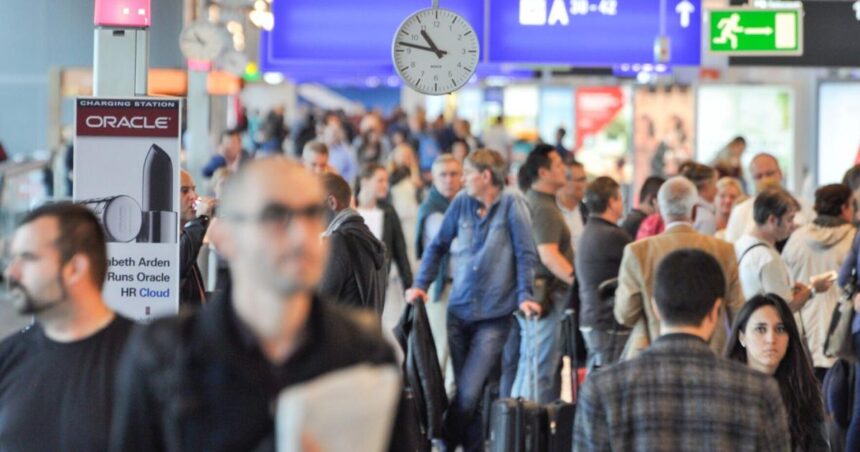Over time, airlines have pushed back against any form of regulation of their frequent flyer programs. They argue that these are sales programs and should not be subject to any regulation. It’s a reasonable stance, to be honest.
On the other hand, the Department of Transportation (DoT) receives numerous consumer complaints about frequent flyer programs in its inbox. However, they refrain from taking any action as they consider it to be outside their jurisdiction. Again, a reasonable position to take.
Recently, the DoT and other agencies have decided to delve deeper into this issue. The outcome remains uncertain, and the form of any potential regulation is unclear, but the issues at hand can be highlighted along with my perspective on them.
Anticompetitive Behavior. Defining “anticompetitive behavior” can vary depending on who you ask, much like the case with frequent flyer programs. While a robust program can give an airline an edge over its competitors, especially smaller ones, is this considered anti-competitive or simply healthy competition? The verdict is still out, and it’s unclear what the agencies will conclude on this matter.
People are also reading…
If it’s determined that major airline programs are indeed anti-competitive, the next challenge is finding suitable remedies, which currently seem elusive. More clarity is needed as we navigate through this complex issue.
Deceptive Practices. DoT is tasked with banning deceptive practices, and there’s one prevalent practice that stands out. Similar to deceptive hotel “resort fees,” airlines often display a partial fare and add additional fees, misleading consumers about the actual total price. This deceptive pricing tactic has been highlighted by DoT, but the extent of regulatory action remains uncertain, especially when it involves foreign airlines.
Consumer Pain Points. DoT’s consumer mandate includes addressing practices deemed “unfair.” Consumers have expressed dissatisfaction with continuous increases in award trip prices, lack of available award seats, and sudden devaluations within frequent flyer programs. These interconnected pain points pose a challenge, but whether they constitute unfair practices is up for debate.
While these issues are prevalent, significant changes might not materialize easily. The intricacies of regulating frequent flyer programs present a complex landscape to navigate.
(Send e-mail to Ed Perkins at eperkins@mind.net. Also, check out Ed’s new rail travel website at www.rail-guru.com.)





